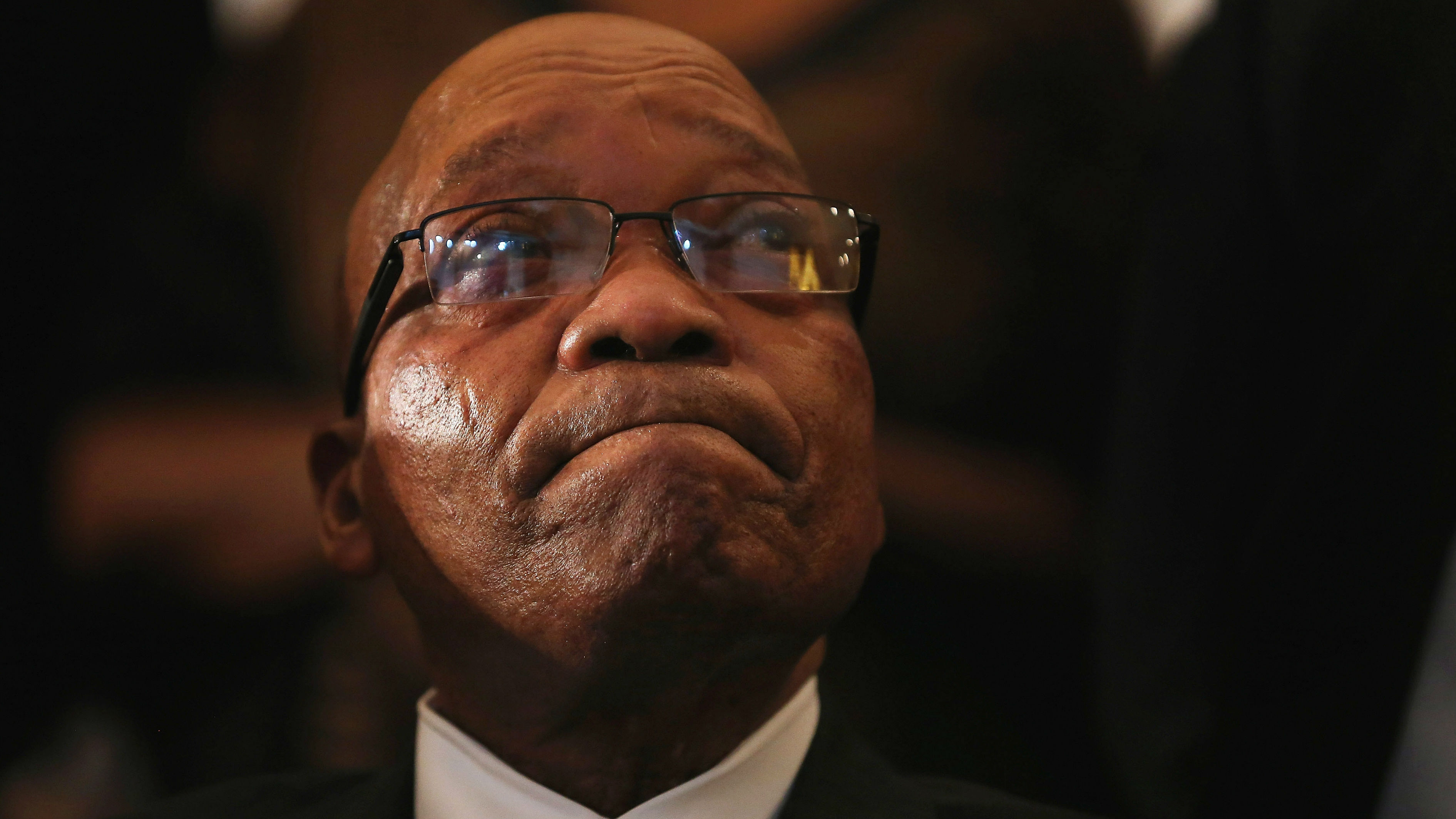South Africa at a crossroads: ANC chooses new leader
Party conference could define future of the continent’s third largest economy

A free daily email with the biggest news stories of the day – and the best features from TheWeek.com
You are now subscribed
Your newsletter sign-up was successful
The African National Congress (ANC) will make one of the most important decisions in its 105-year history when it chooses the party’s next leader during its upcoming elective conference in Johannesburg.
While Deputy President Cyril Ramaphosa appears to have the edge, his main rival Nkosazana Dlamini-Zuma could still take charge.
The candidate chosen at the conference, which runs from 16 to 20 December, will become party leader and potentially president, replacing Jacob Zuma, whose “scandal-ridden decade in charge of the ANC has seen an explosion of alleged corruption and cronyism, a damaging split and a once-unthinkable slide in the party’s popularity”, says the Financial Times.
The Week
Escape your echo chamber. Get the facts behind the news, plus analysis from multiple perspectives.

Sign up for The Week's Free Newsletters
From our morning news briefing to a weekly Good News Newsletter, get the best of The Week delivered directly to your inbox.
From our morning news briefing to a weekly Good News Newsletter, get the best of The Week delivered directly to your inbox.
Zuma’s replacement “will be charged with reversing both the economic rot and the extraordinary slide in the ANC’s moral standing”, the newspaper says.
Elections look likely in 2019, but it won’t be an easy victory. Support for the ANC fell under Zuma’s leadership amid allegations that he allowed his cronies in the wealthy Gupta family to influence cabinet posts and state contracts.
Ramaphosa has pledged to revive the ailing economy, reduce a 28% unemployment rate and combat corruption, while Dlamini-Zuma has echoed Zuma’s call for “radical economic transformation” in order to place more of the country’s wealth in the hands of the black majority.
So is this the end of Zuma’s days in power?
A free daily email with the biggest news stories of the day – and the best features from TheWeek.com
Not necessarily. A win for Ramaphosa could result in Zuma’s criminal prosecution for corruption, but in recent days Zuma has “presented himself as unifier against a possible party split”, says South African newspaper Business Day.
“Certainly, he is unpopular. But betting against Zuma has proved unwise in the past, and there are many ways in which he could turn things to his advantage,” The Economist adds.
-
 How the FCC’s ‘equal time’ rule works
How the FCC’s ‘equal time’ rule worksIn the Spotlight The law is at the heart of the Colbert-CBS conflict
-
 What is the endgame in the DHS shutdown?
What is the endgame in the DHS shutdown?Today’s Big Question Democrats want to rein in ICE’s immigration crackdown
-
 ‘Poor time management isn’t just an inconvenience’
‘Poor time management isn’t just an inconvenience’Instant Opinion Opinion, comment and editorials of the day
-
 Epstein files topple law CEO, roil UK government
Epstein files topple law CEO, roil UK governmentSpeed Read Peter Mandelson, Britain’s former ambassador to the US, is caught up in the scandal
-
 Iran and US prepare to meet after skirmishes
Iran and US prepare to meet after skirmishesSpeed Read The incident comes amid heightened tensions in the Middle East
-
 Israel retrieves final hostage’s body from Gaza
Israel retrieves final hostage’s body from GazaSpeed Read The 24-year-old police officer was killed during the initial Hamas attack
-
 China’s Xi targets top general in growing purge
China’s Xi targets top general in growing purgeSpeed Read Zhang Youxia is being investigated over ‘grave violations’ of the law
-
 Panama and Canada are negotiating over a crucial copper mine
Panama and Canada are negotiating over a crucial copper mineIn the Spotlight Panama is set to make a final decision on the mine this summer
-
 Why Greenland’s natural resources are nearly impossible to mine
Why Greenland’s natural resources are nearly impossible to mineThe Explainer The country’s natural landscape makes the task extremely difficult
-
 Iran cuts internet as protests escalate
Iran cuts internet as protests escalateSpeed Reada Government buildings across the country have been set on fire
-
 US nabs ‘shadow’ tanker claimed by Russia
US nabs ‘shadow’ tanker claimed by RussiaSpeed Read The ship was one of two vessels seized by the US military